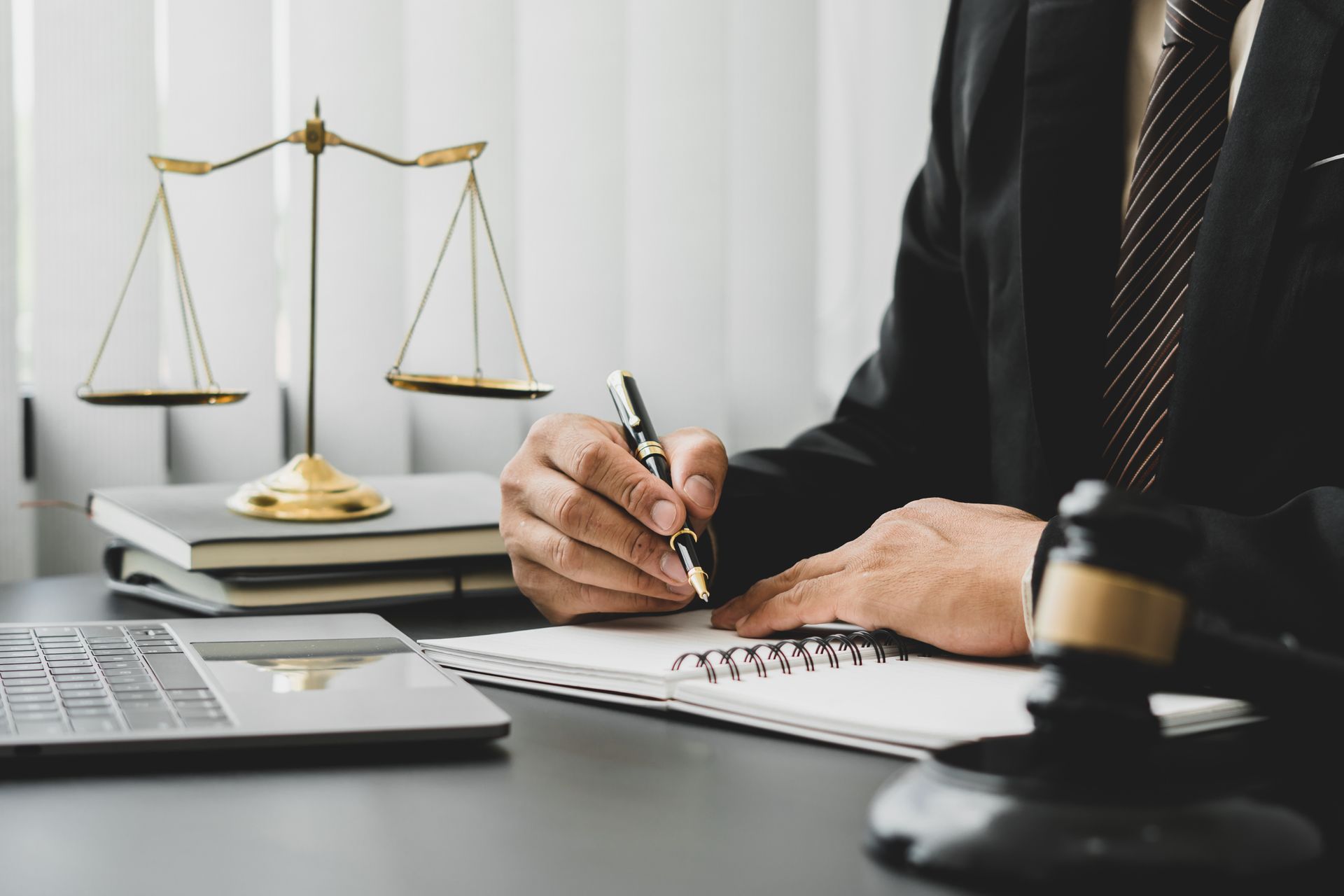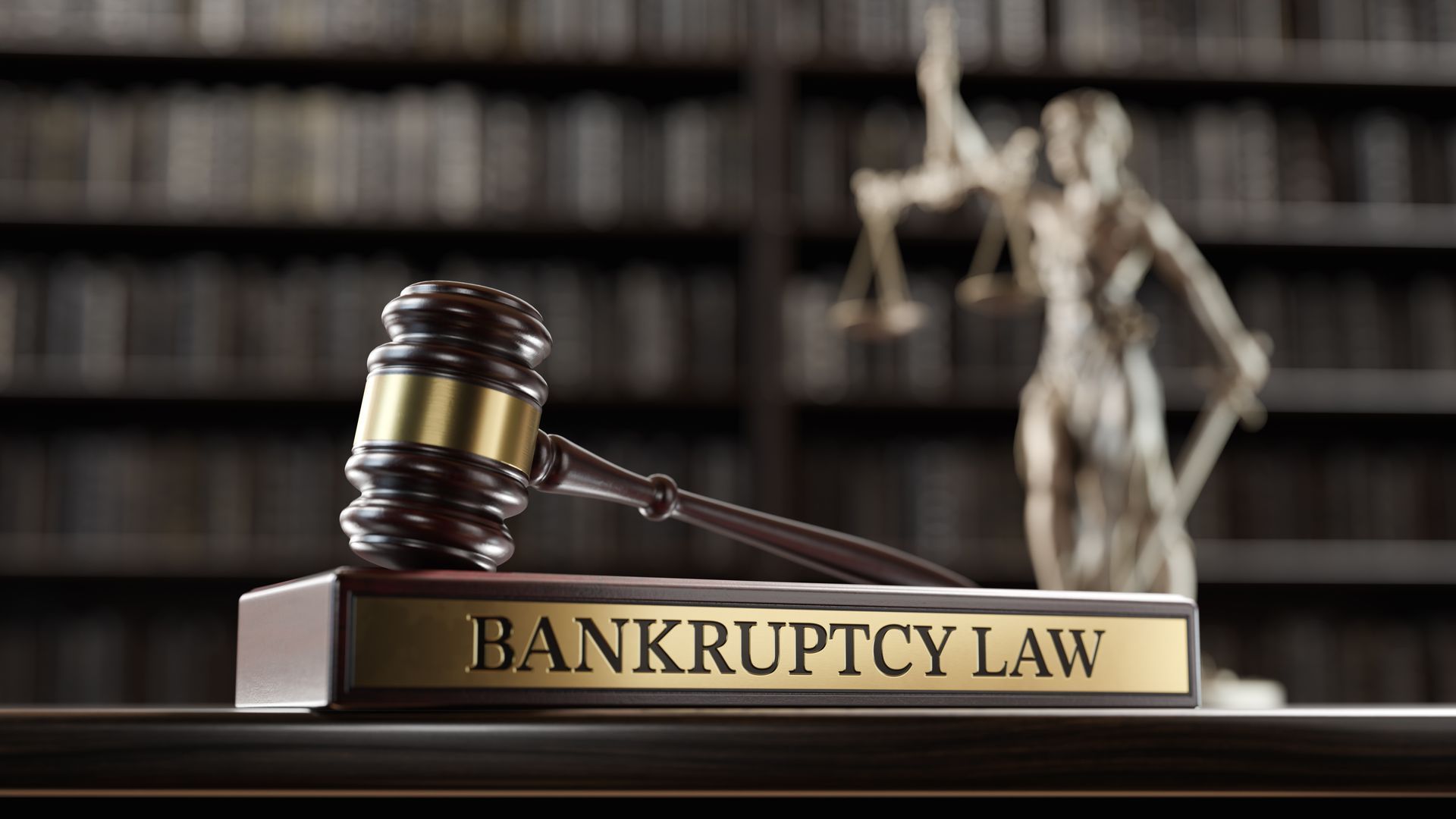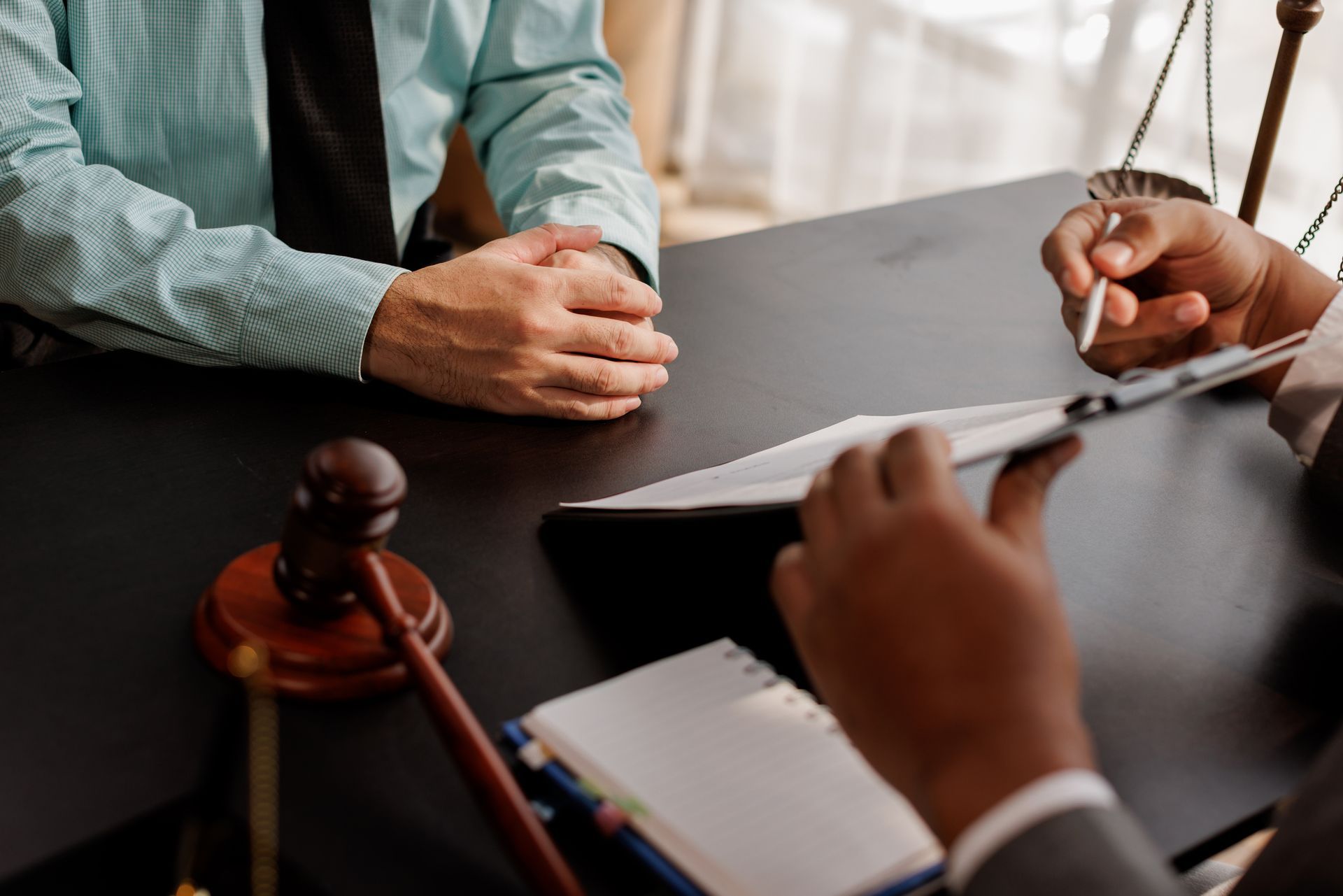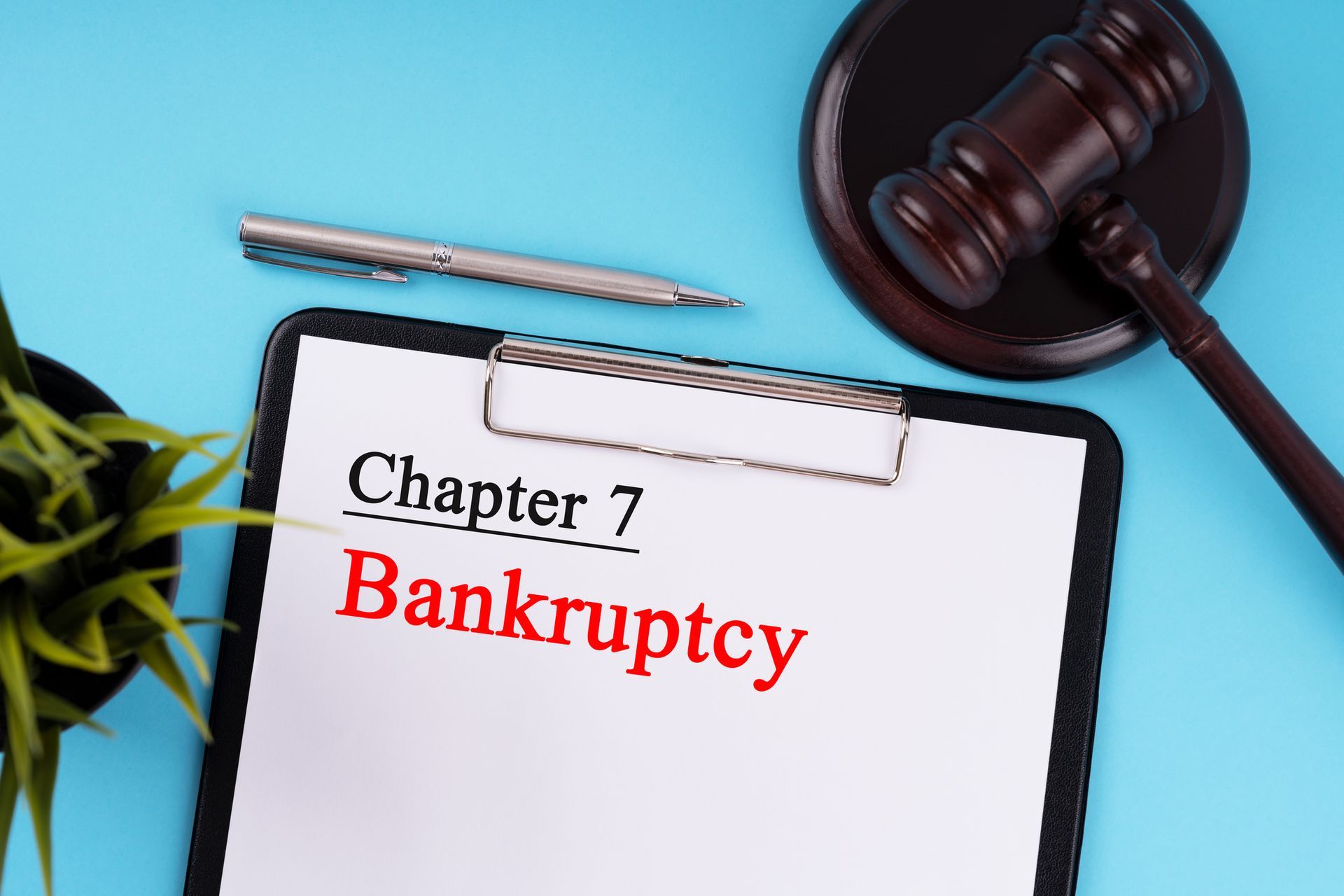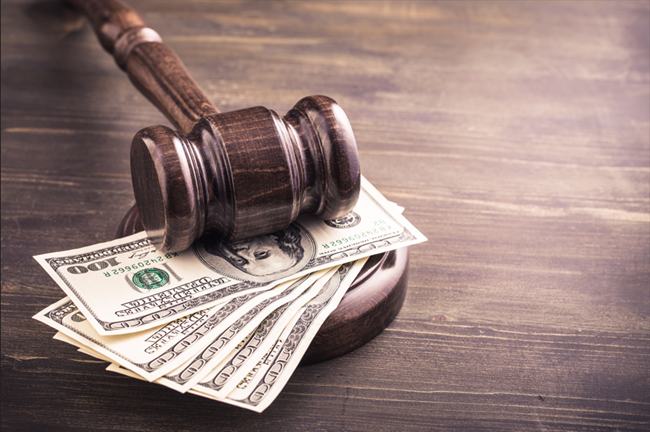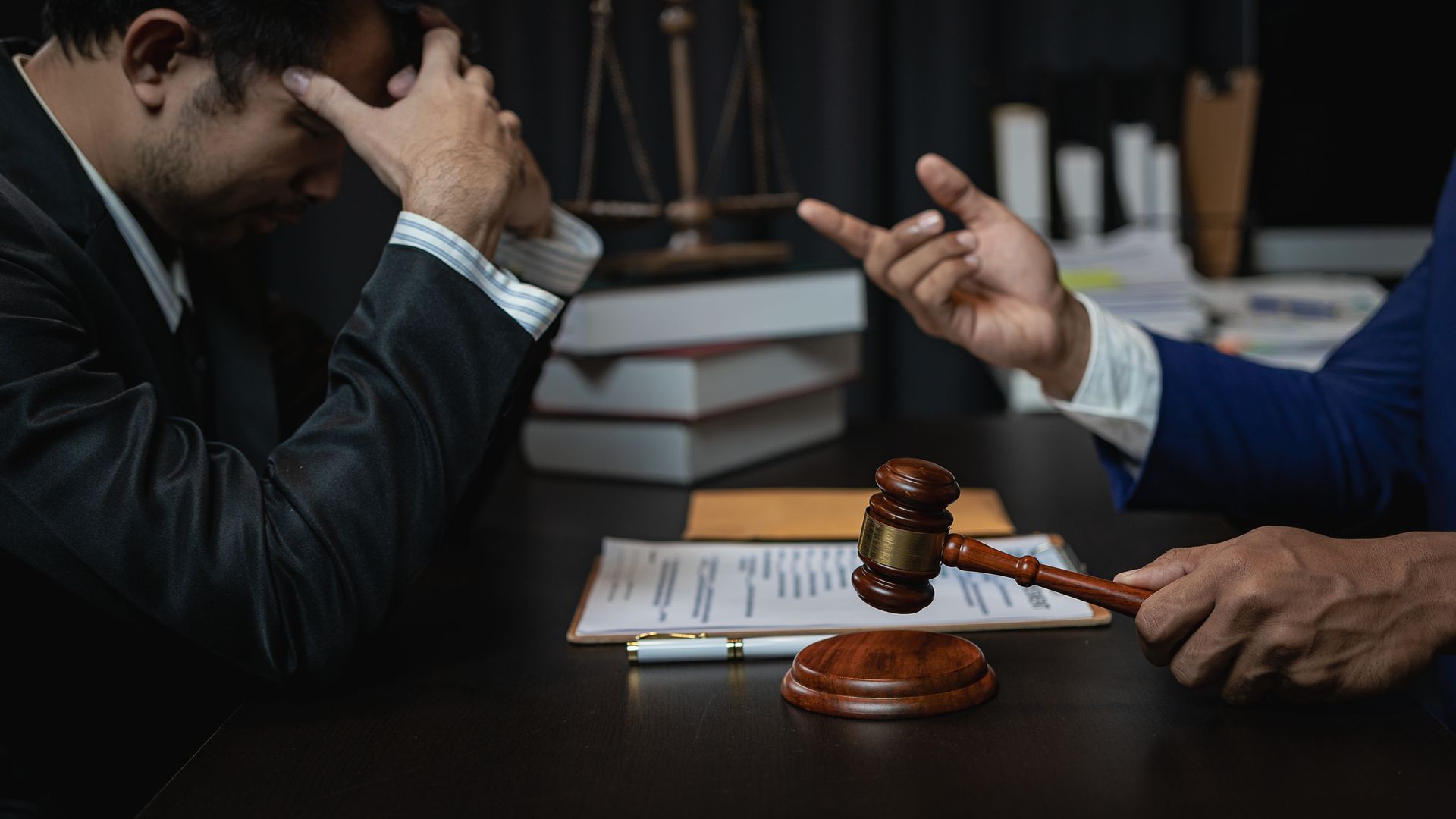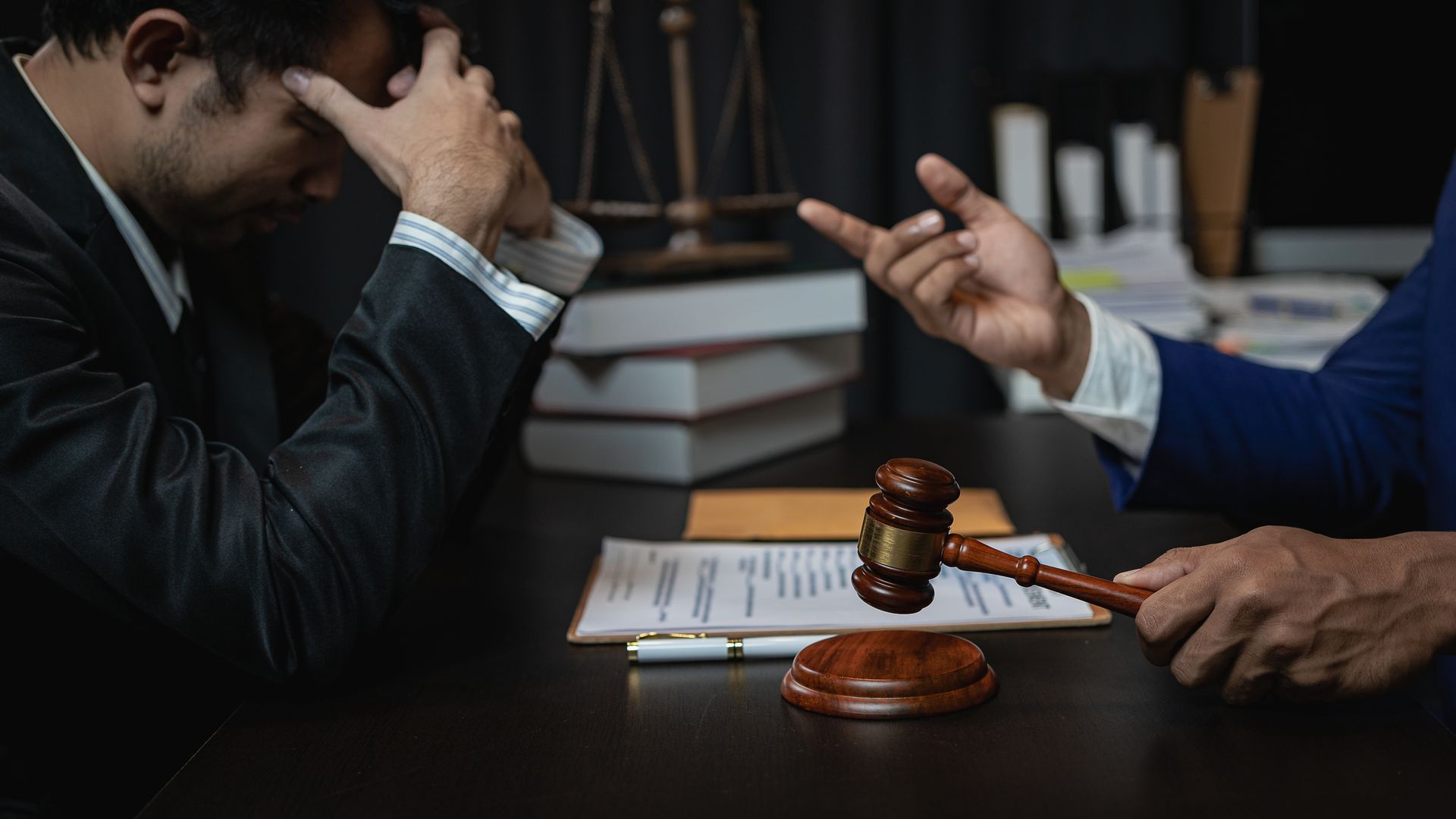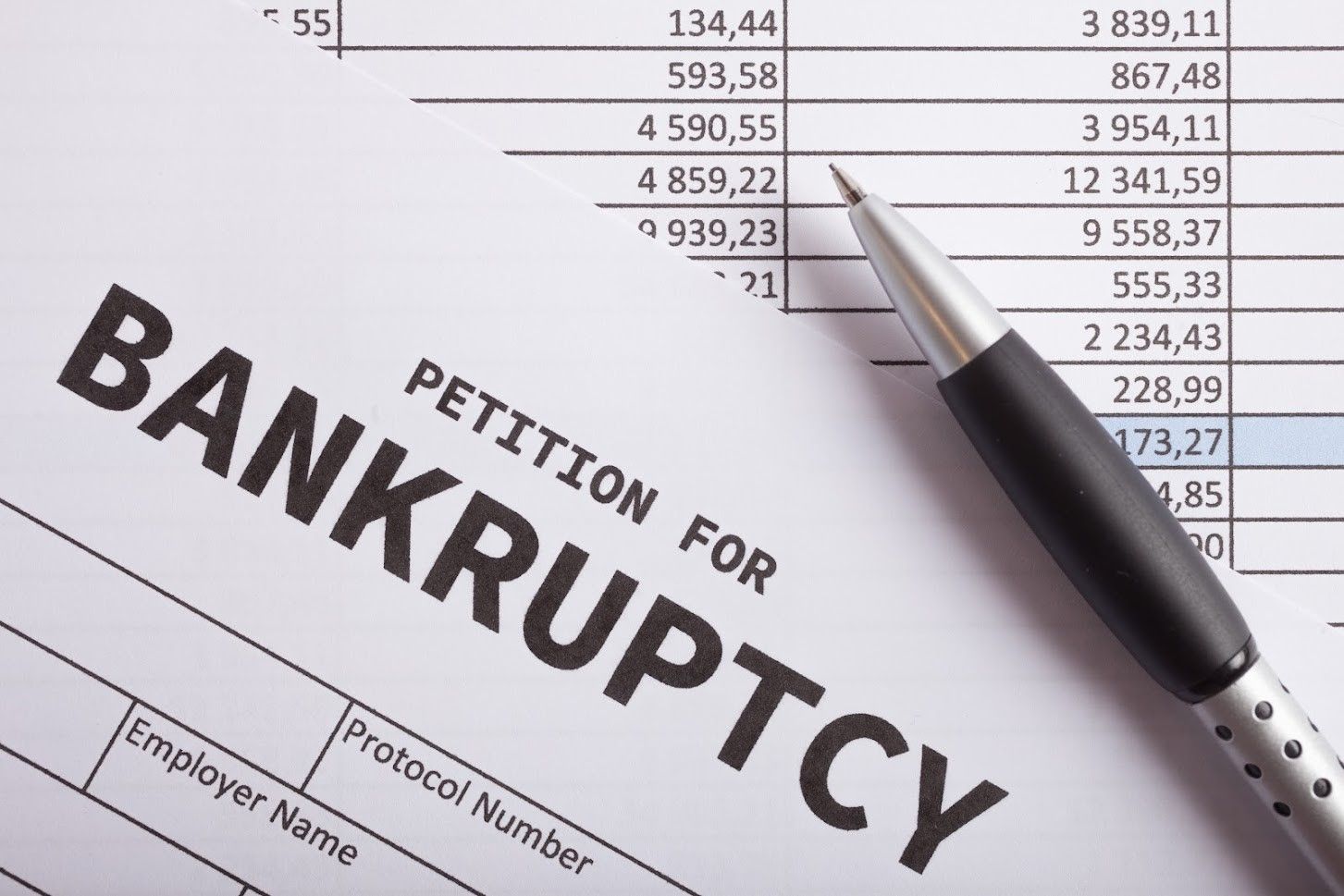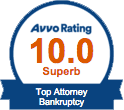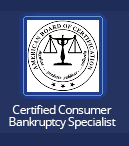How Does Personal Bankruptcy Affect Your Business? 3 Valuable Answers
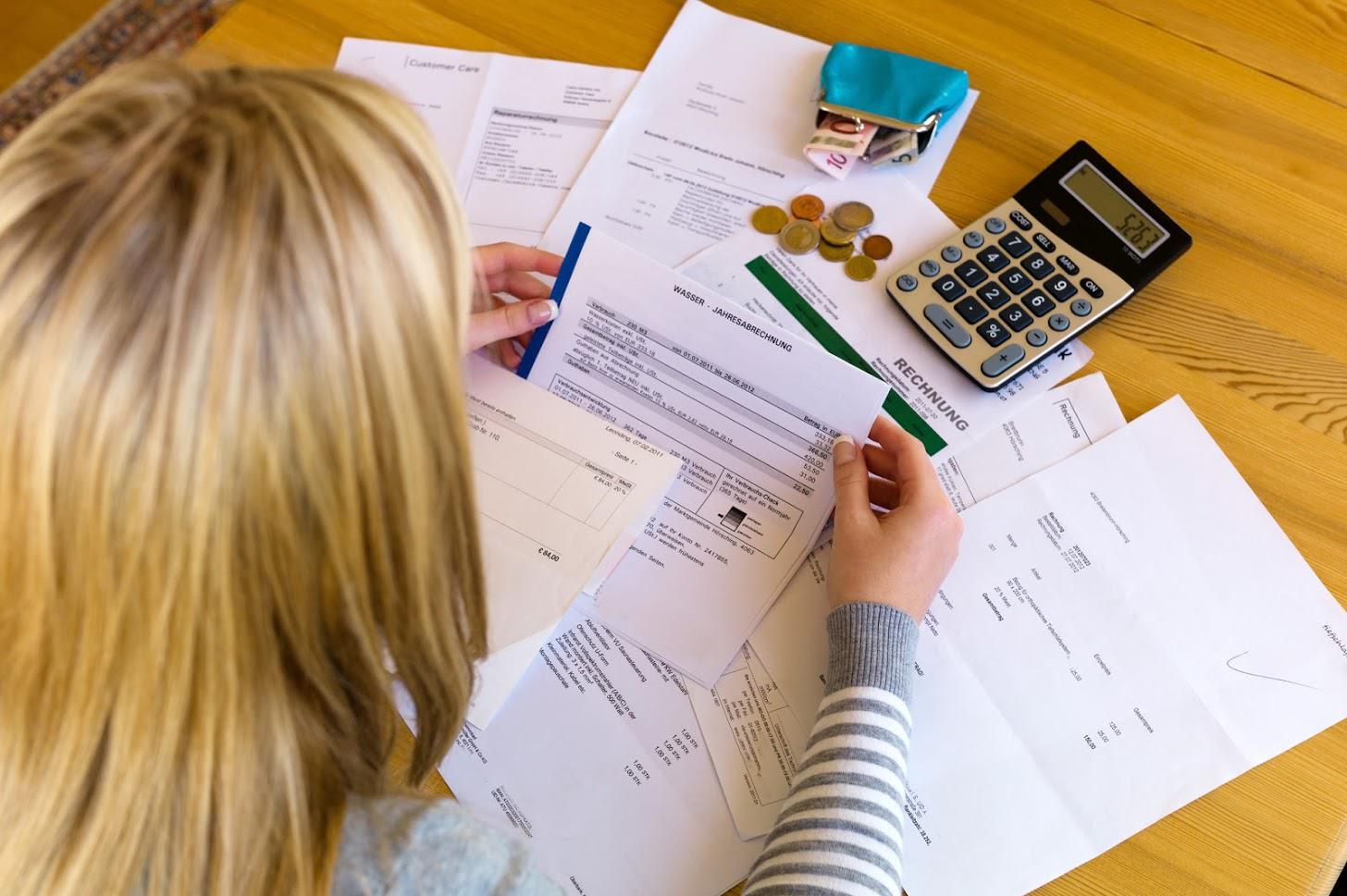
Do you own a small business but are considering personal bankruptcy? To declare bankruptcy is often a complicated and emotionally challenging step, and when business assets are involved, it becomes even more so.
What should you know as a business owner before declaring bankruptcy? Consider these answers to a few of the most pressing questions.
Will Personal Bankruptcy Affect Your Business?
The short answer to this questions is, yes. However, the extent that business assets are involved in an individual's bankruptcy depends on many things.
First, the effects depend on your business structure. If you are a sole proprietor, you are essentially the business itself. This union means that if you declare personal bankruptcy, business assets can generally be used to satisfy your personal debts. If your business is a partnership or corporation, the assets available for liquidation or reorganization are limited to the interest you have in the business.
The second primary consideration for businesses is whether or not the business has assets that can be liquidated. A construction company may have many high-value pieces of equipment that the trustee can use to satisfy debtors. However, a singing group or massage therapist may not have physical assets worth much money. And some assets, such as goodwill or mineral rights, may be hard to liquidate.
Your interest in a business may also be an asset that the trustee can tap into in order to pay creditors. This is more likely to be the case if the business doesn't depend on your personal service and can function even if you are not an owner or investor.
Can You Keep Your Business?
Each business owner contemplating bankruptcy has to decide if they want to — or are able to — continue to operate the business after bankruptcy. If your debt stemmed from an unsuccessful business or if you feel that you need to focus on other matters right now, you may choose to file in a way that allows the business itself to be completely liquidated. For a sole proprietor, filing Chapter 7 liquidation can generally accomplish the whole task since both individual and company are one legal entity.
However, if your debt doesn't stem from the business or if you know you can rebuild the business, you often don't have to give up that company when filing personal bankruptcy. A sole proprietor may opt for Chapter 13 reorganization that provides a timeline for debt payoff rather than forcing liquidation. The trustee will oversee the process, allowing you to focus on income and revenue.
Should Your Business Declare Bankruptcy?
If your debt does involve a corporation or partnership, you need to decide on one final step: business bankruptcy. As a separate legal entity, the business would have to seek its own debt relief — generally through Chapter 7 (liquidation) or Chapter 11 (reorganization). The choice would largely depend on whether you (and any partners) feel that you can turn things around and whether your creditors agree.
You also do not have to seek the same type of bankruptcy for the business as you do for yourself. You may choose liquidation to get full relief from personal debts while using Chapter 11 to eventually pay off business debts through revenue. In fact, owners of incorporated businesses could declare business bankruptcy without declaring personal bankruptcy at all.
Do you have other questions related to your business and the idea of personal bankruptcy? Start by consulting with an experienced bankruptcy attorney to learn more about your particular situation and your best options. At Charles J. Schneider, PC, our certified consumer bankruptcy specialists are ready to help. Call today to make an appointment

